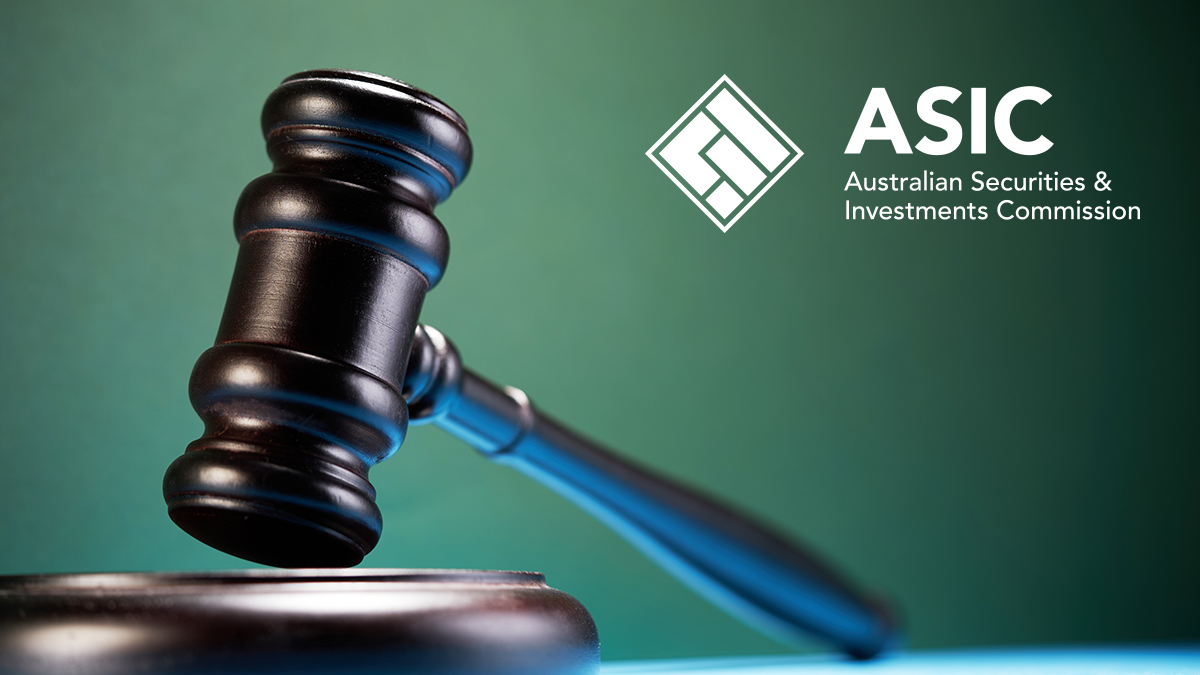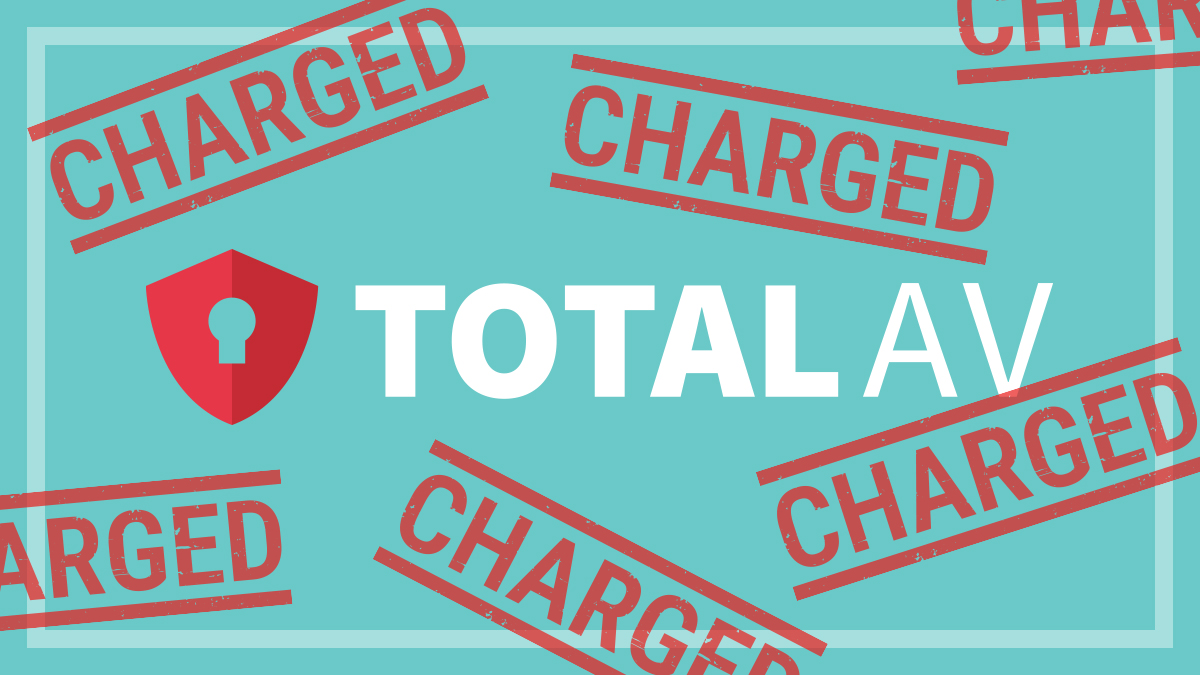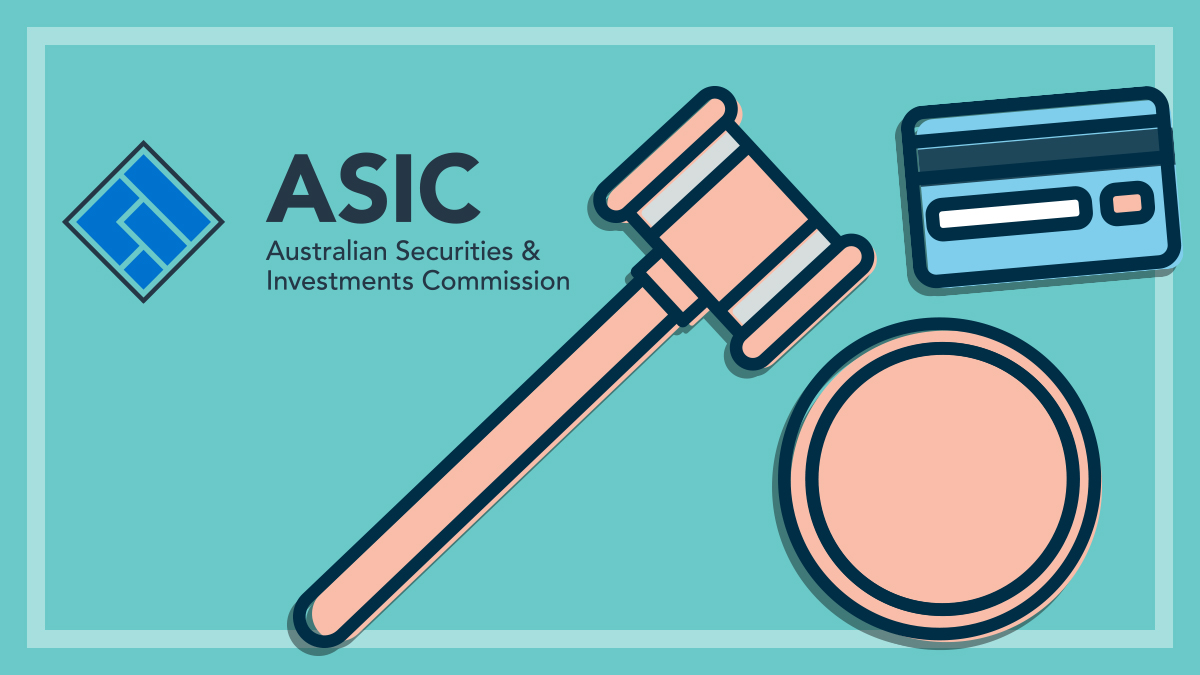Get our independent lab tests, expert reviews and honest advice.
Keep safe lending laws intact, urge consumer rights groups

Need to know
- CHOICE and a who’s who of consumer rights and support groups around Australia are calling on the government to jettison a proposed amendment that undercuts safe lending laws
- More than 1300 CHOICE supporters and members have let policymakers know what responsible lending rules mean to them
- Axing safe lending laws will hinder our economic recovery warns CHOICE CEO Alan Kirkland
The proposal to remove a host of hard-won consumer protections from Australia’s responsible lending regime is nearing the final stages, with the Senate Economics Legislation Committee now considering the matter and a final report expected in March.
When the report is tabled, key Senate crossbenchers will have the power to either block or approve this ill-conceived legislation.
The livelihoods of millions of financially vulnerable Australians hang in the balance.
Joint fightback
CHOICE and other community sector organisations have been fighting against the rollback of these vital checks on overzealous lenders since it was announced in September last year.
Now we’ve signed on to a joint submission to the committee, calling for lawmakers to preserve safe lending laws at all costs.
The livelihoods of millions of financially vulnerable Australians hang in the balance
A wide range of organisations have contributed to this eleventh-hour appeal, including the Consumer Action Law Centre (Consumer Action), the Financial Rights Legal Centre (Financial Rights), Financial Counselling Australia, Consumer Credit Legal Service (WA), the Uniting Communities Consumer Credit Law Centre SA, the Care and Consumer Law Centre ACT, the Indigenous Consumer Assistance Network, and the Victorian Aboriginal Legal Service and the Redfern Legal Centre.
Along with the submission, we’ve joined a renewed outcry from financial rights groups whose clients will bear the brunt of relaxed lending laws.
Consumer credit protection: the proposed changes
On the pretext of freeing up the economy to speed recovery from the effects of the COVID-19 pandemic, supporters of the legislation aim to dismantle safe lending laws passed in 2009 in response to the global financial crisis.
In effect, it’s a gift to the financial services industry at the expense of its customers.
If passed, the amendment would mean:
- An end to civil and criminal penalties for irresponsible lending
- A reduction of borrowers’ legal rights against banks and other creditors who lend irresponsibly
- A reduction of the requirement that lenders assess and verify a borrower’s ability to repay a loan
- New barriers to identifying the financial abuse of elders, partners in cases of domestic violence and other people potentially vulnerable to exploitation
- The removal of important credit-card protections.

Easy credit does more harm than good
CHOICE CEO Alan Kirkland says the bill in question, the National Consumer Credit Protection Amendment (Supporting Economic Recovery) Bill 2020, could never live up to its name.
“Axing safe lending laws will hinder our economic recovery,” Kirkland says.
“Australia already has the second highest level of personal household debt in the world. Loading people up with even more debt will make it even more challenging for households already doing it tough.”
This was a bad idea… in September, but it’s an even worse idea when you see what has happened in the housing market since then
CHOICE CEO Alan Kirkland
And according to Kirkland, the timing couldn’t be worse: “This was a bad idea when the government announced it in September, but it’s an even worse idea when you see what has happened in the housing market since then,” he says.
“Record low interest rates and government incentives are creating booming demand, driving up prices. Removing protections from unsafe lending will put many first homeowners at risk.”
Consumer Action Law Centre CEO Gerard Brody also slams the notion that easy credit is good for the economy.
“Providing easy debt to spend our way out of the COVID crisis is a short-sighted fix that will have terrible long-term consequences for many people,” he says.
“Even with the laws we have in place, people are still being lured into unaffordable debt, and this bill would leave the consumer credit law framework gutted and in a state of disarray.”
The view from the front lines
For organisations that deal directly with people in financial distress, the idea of making it easier to access loans is especially troubling.
“If this bill is passed, it will cause untold harm to individuals and families,” says Financial Rights CEO Karen Cox.
“Removing these protections will allow lenders to load people up with unaffordable debt at a time when many people are already struggling amidst the pressures of COVID-19.”
If this bill is passed, it will cause untold harm to individuals and families
Financial Rights CEO Karen Cox
Fiona Guthrie, CEO of Financial Counselling Australia, adds “If these laws are scrapped, financial counsellors will see more people drowning in debt with all that entails: greater risks of suicide, more bankruptcies, more family violence and family breakdown, more homelessness and the negative flow-on effects to people’s mental and physical health.”
Unfair lending by the banks – Jo Anne's story
Real-life stories
More than 1300 people in the community, including CHOICE members and supporters, have shared their personal stories about why safe lending laws matter to them. We included these in a second submission to the government aimed at stopping this bad bill in its tracks.
Here’s just a small sample of the many stories we heard.
Debbie
Debbie told us: “I was once in receipt of a disability pension, which was my only income, yet my bank sent me a pre-approved $5000 credit card – all I had to do was go to the bank and sign. As my pension was paid into the same bank, the bank was clearly aware of my income and capacity to service any type of loan. I find this unconscionable.”
Ellis
Ellis says: “My son, who is on a disability pension, was able to reach a debt in excess of $10,000 on his credit card with no questions asked until he had difficulty just making small payments.”
Michael
“I taught at TAFE where the majority of our students were from a low income demographic,” Michael says. “I experienced the difficulties some of my students experienced from loans they would never be able to pay. They lost homes, cars and their marriages, and relationships broke down due to the financial stress these inappropriate loans caused. Sadly, it was also the children that had to suffer.”
Marc
“I have seen the effects of easy credit on the lives of several of my adult children,” Marc says. “Without safe lending laws, they were able to run up very large debts that they had no ability to repay in a managed fashion and the high interest rates meant that they continued to fall into greater debt.”
Rita
“I have worked with families from disadvantaged backgrounds who sometimes are forced to go into debt to pay daily living costs, I have witnessed the distress when they can’t meet their obligations,” says Rita. “It is so unfair and predatory lending is immoral and should be illegal.”





